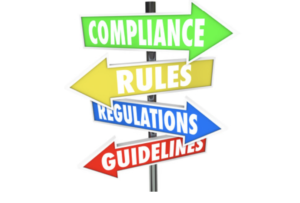Stump Dives into US Regulatory Scrap Over Crypto
Posted by Colin Lambert. Last updated: August 24, 2021
The debate over which US regulatory agency should regulate crypto markets continues to heat up, just weeks after Securities and Exchange Commission (SEC) Gary Gensler argued for SEC oversight, a commissioner at his former employer, the US Commodity Futures Trading Commission (CFTC), has called for a clearer debate.
Earlier this month, outgoing CFTC commissioner Brian Quintenz tweeted, “Just so we’re all clear here, the SEC has no authority over pure commodities or their trading venues, whether those commodities are wheat, gold, oil….or #crypto assets” and fellow commissioner Dawn Stump has followed up by observing there has been a “grossly inaccurate oversimplification” of the debate as to whether crypto assets are securities or commodities.
“The CFTC’s regulatory oversight authority, as well as the application of our enforcement authority, must be well understood by the public,” Stump says in a statement. “Only then can proper regulatory compliance be demanded.
“The recent growth in popularity of crypto products and other digital assets has drawn much attention to the question of how this new financial asset class is regulated in the United States,” she continues. “In response, there has often been a grossly inaccurate oversimplification offered which suggests these are either securities regulated by the Securities and Exchange Commission, or commodities regulated by the Commodity Futures Trading Commission. The prevalence of this misunderstanding about US regulatory delineations has grown to a point that I believe requires correction.”
In response Stump has published 10 points that explain the US regulatory landscape, specifically noting that the CFTC does not regulate cash commodities, rather it focuses on derivatives of those products. Perhaps importantly, however, she also notes the Commission’s enforcement authority also includes broader application for anti-manipulation and anti-fraud authority with respect to cash commodities.
“Before considering whether to redesign the regulatory structure in the crypto context, let’s get the facts straight about our current system,” Stump states, adding in the summary document, “To determine the CFTC’s REGULATORY AUTHORITY (original capitals) with respect to a digital asset, ask not whether the digital asset is a commodity or a security – ask whether a futures contract or other derivatives product is involved.”




